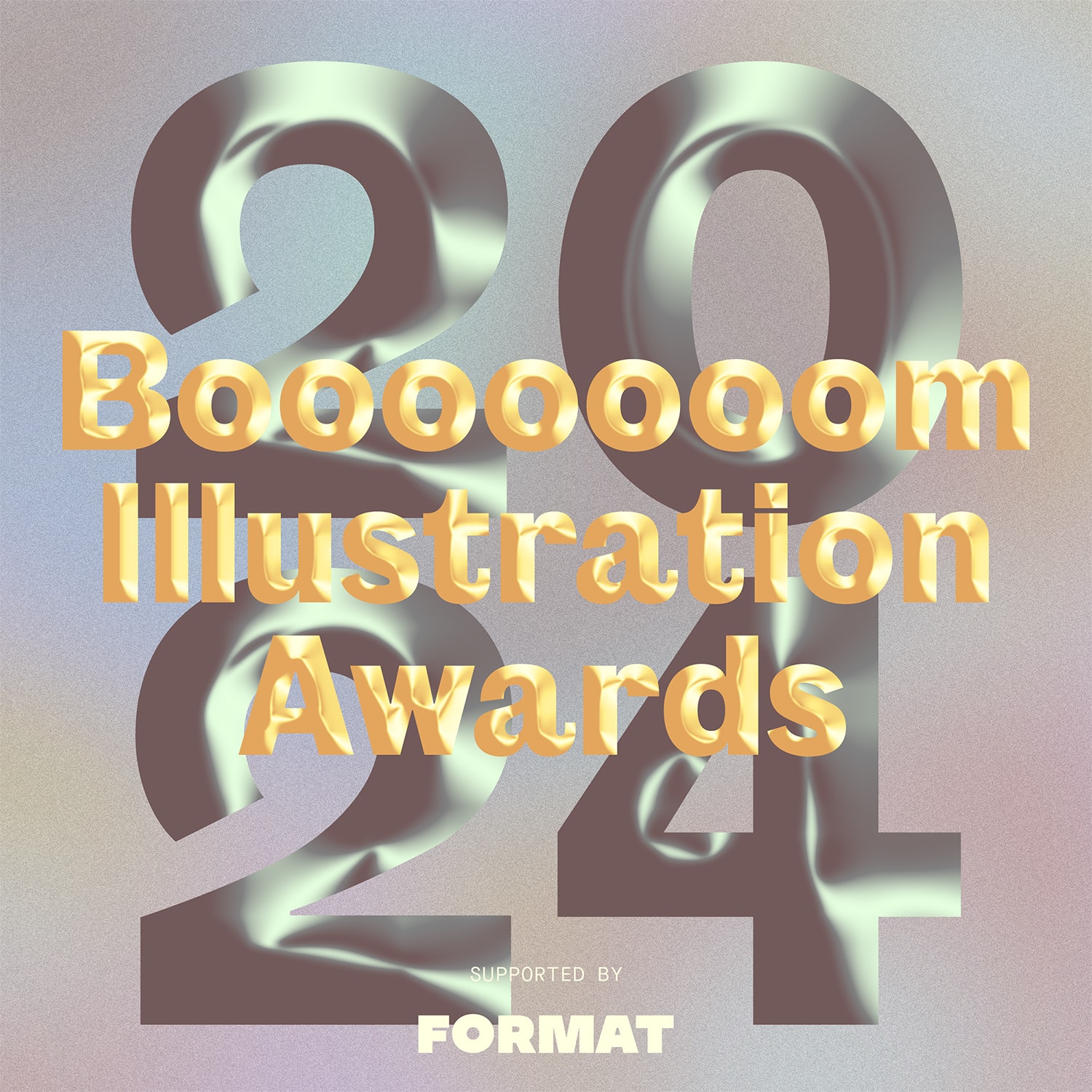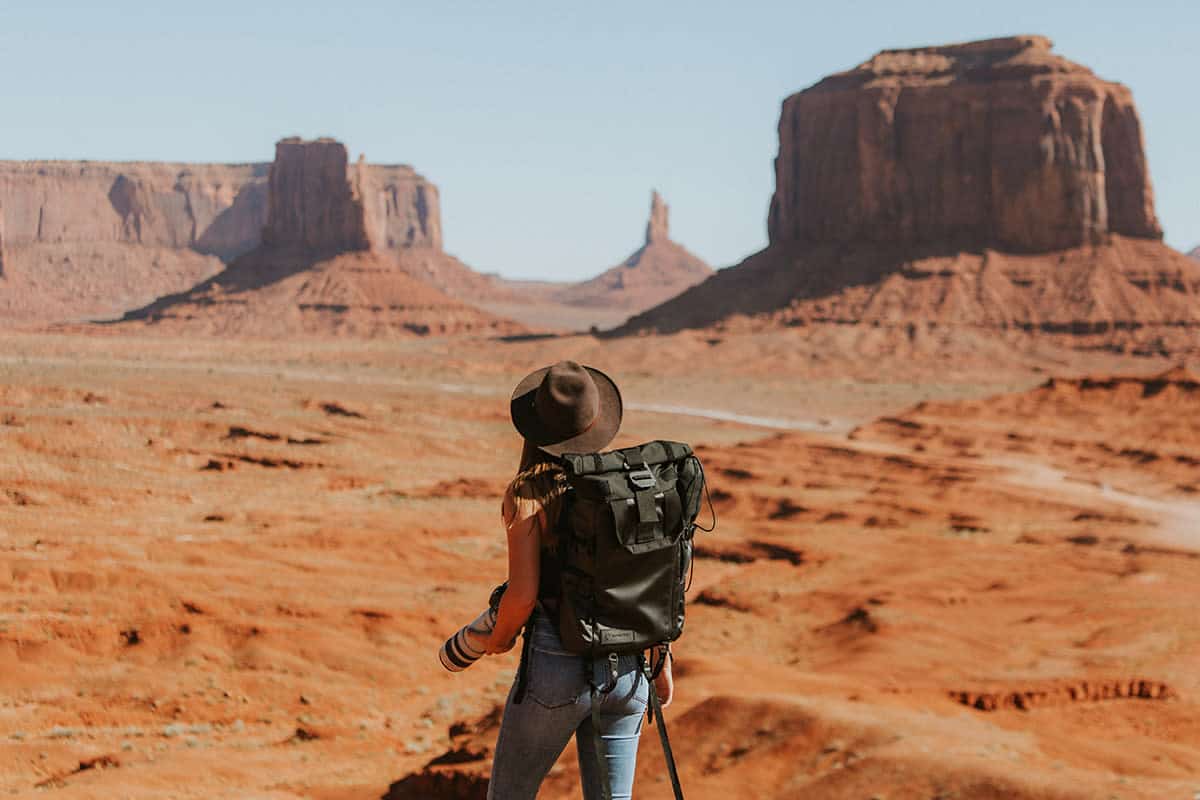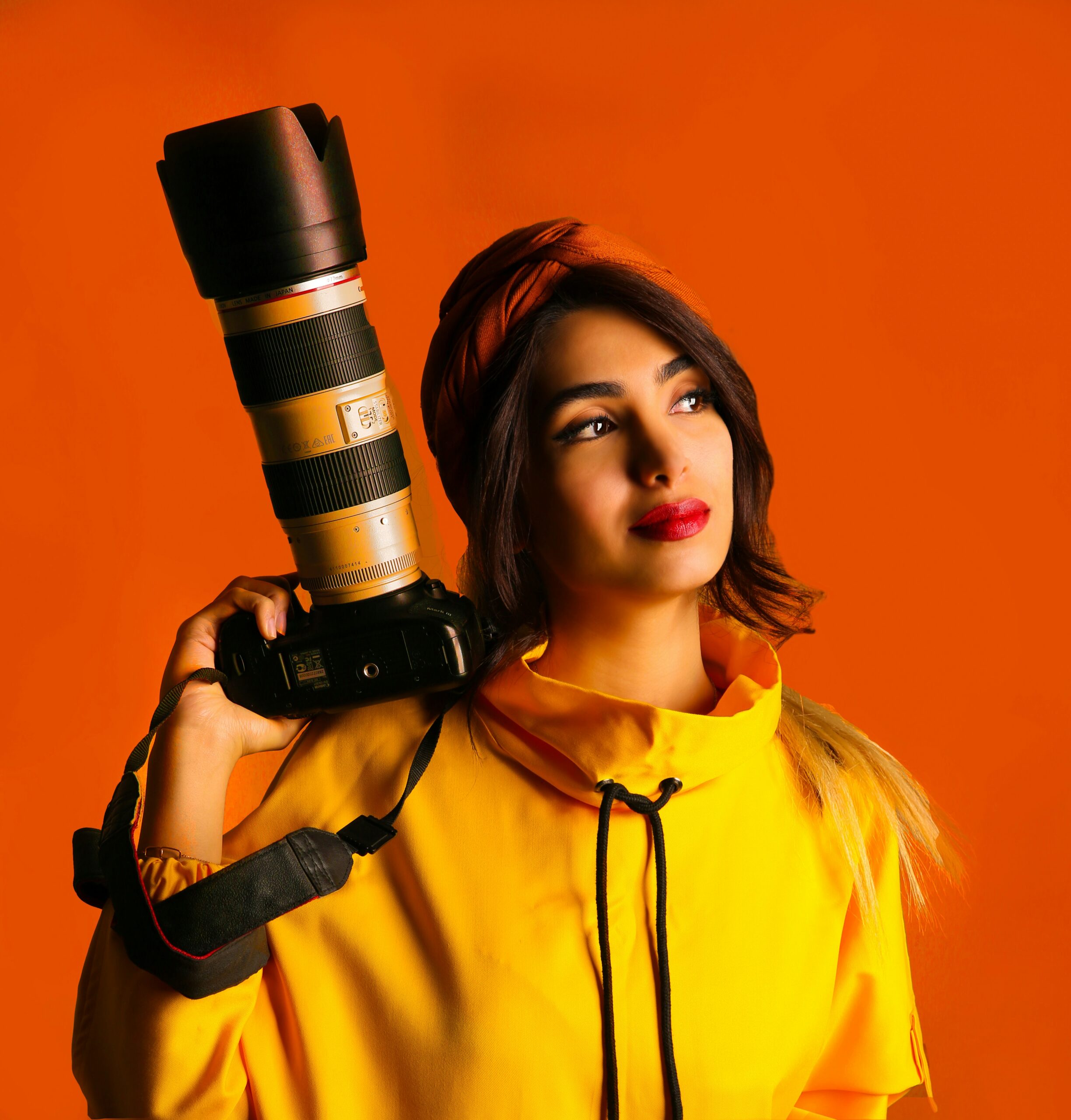Photography can bring about new perspectives and fresh ideas, and spark so much creativity. That’s maybe why a block or lack of motivation can be so tough for photographers. Feeling uninspired as a photographer is a common challenge that many creative individuals face from time to time. Believe it–you are not alone.
Luckily, there are several strategies you can try to reignite your passion and find new inspiration, whether that be new techniques, changing up spaces and locations, getting connected to new ideas, or people and experiences. There are so many ways to reignite your photography spark.
Do what you will with this list, but a tip? Engage with it! Bookmark and keep coming back to various ideas, or even print out this page and highlight a few things that speak to you. Put them on your fridge or inspiration board so you can return to the ideas below whenever you feel stuck.
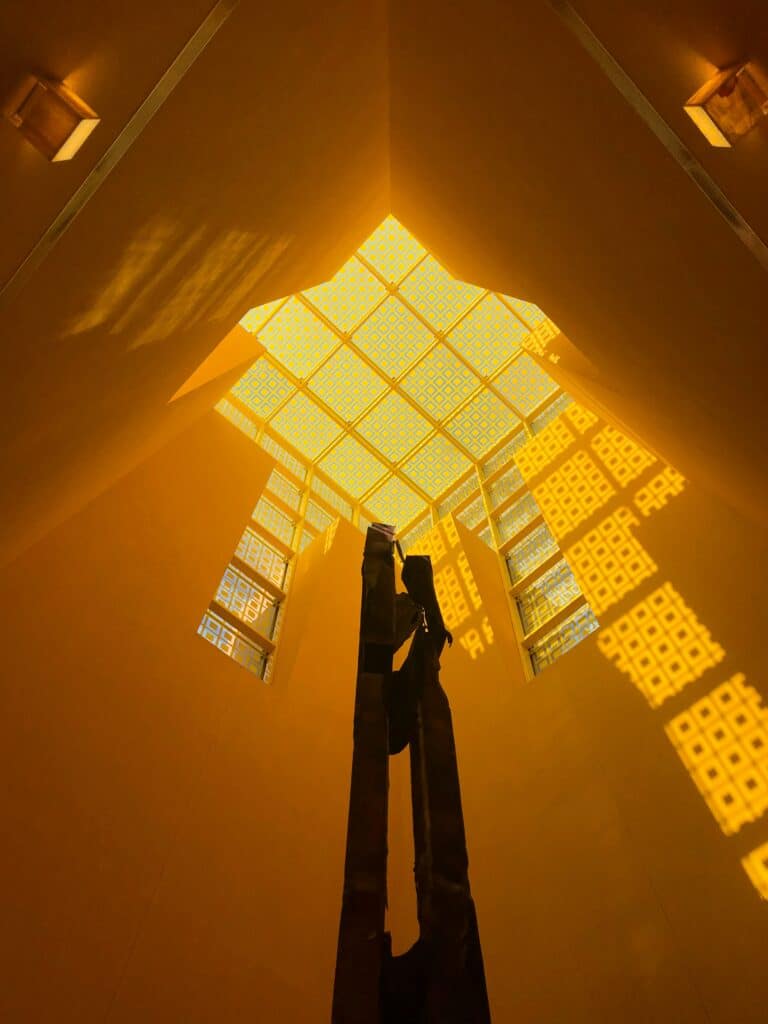
Change and Observe Your Environment
If you don’t read any further, read this. Seeing and experiencing new places is one of the best ways to gain inspiration or stay motivated in photography. Exploring different environments can expose you to unique scenes, people, and cultures, offering a wealth of photographic opportunities.
It doesn’t need to be a big international vacation, although it could be! Taking a different route to work, walking around a new neighborhood, getting on public transit, or going on a long drive could be enough to spark ideas or inspiration.
Something as simple as slowing down and taking time to notice small things in the world around you or change your perspective can help refresh you. Be still in your favorite room or outdoor space and watch the way the light changes, listen to the sounds, and imagine how you can help others get a sense of how the space feels through a photograph.
Experiment With Different Genres
Exploring new genres of photography that you haven’t tried before can help reignite that creative spark. Landscape, street, wildlife, portrait, macro, architectural, even abstract photography–once you start exploring and thinking about it, genres and subgenres of photography seem endless, and hopefully exciting!
Exploring different genres may also be an easy way to get back into the swing of things. Start with something different (but not overwhelming or unfamiliar) and go from there. Maybe ask a close friend or family member (even a pet!) to do some portraits, or find some open roads or viewpoints and try out some landscape or environmental photography.
Audit or Critique Your Work
Have you ever stepped back and looked at your own body of work? Now might be a great time to take stock of what you’ve already done, considering techniques, subject matter, etc. Notice if there are certain things you’re consistently doing and try something different. You may discover new directions and ideas by stepping back and examining your history.
You could even ask a trusted friend, colleague, mentor or past instructor to help you out with this step. An outside perspective could be beneficial and provide constructive feedback. You might even have an online photography community to confide in. Gaining insights from others can help you identify areas of improvement and refine your artistic vision.
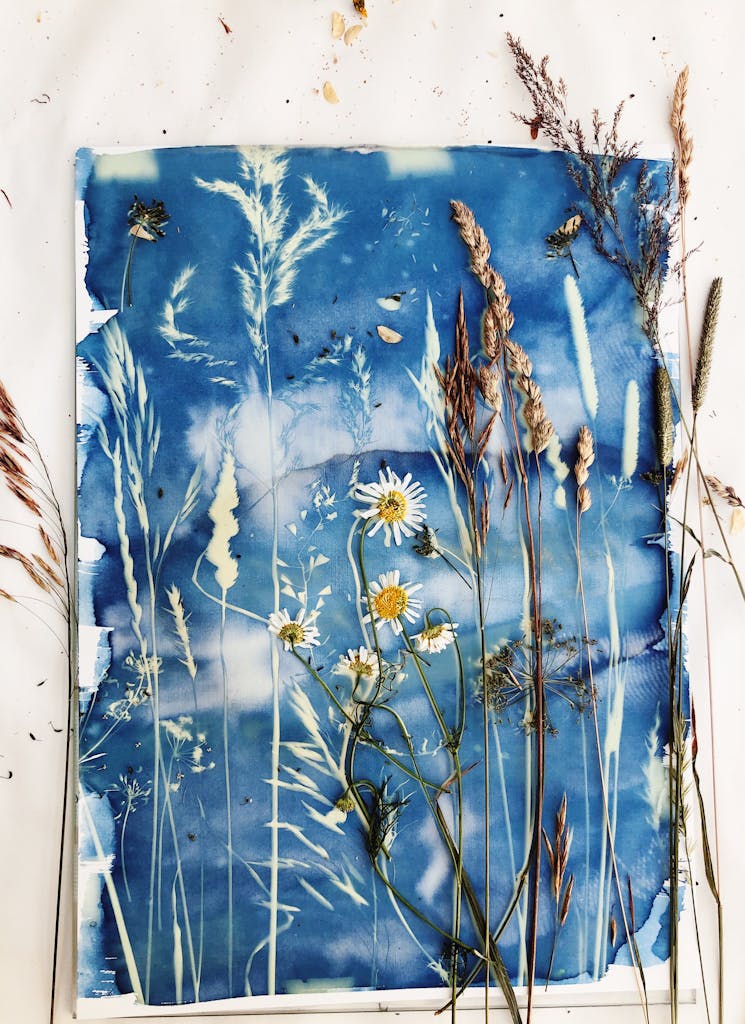
Seek Inspiration Outside of Photography
There really is inspiration everywhere you look, and it sure doesn’t have to be in the realm of photography. Look for inspiration in other forms of art such as painting, sculpture, music, or literature. Dive into older photography techniques like cyanotypes and play with texture and composition. These mediums can provide new ideas, concepts, and perspectives that can be incorporated or provide inspiration to your photography. Photography is inspired by and inspires many other genres of art too.
Try expanding your documentary watching, or brushing up on films that are lauded for their cinematography. It might give you ideas for your photography, as these mediums can definitely lend to one another. Consider exploring expressionist painting for example, which may help you expand or explore a project on abstract photography.
Connect With Other Photographers
Having peers to engage with can make all the difference in one’s life, and peers in your photography, hobby or career, are no different. Having real-life photography friends and colleagues is great, but it’s also so easy to connect with others online and through learning opportunities.
Find an online photography community you like, or invest in a workshop series or conference. Engage in these places actively and build relationships with other people whose work you connect to, making sure to swap emails and social media handles! Collaborating and sharing ideas with like-minded individuals can spark new inspiration and provide a supportive network.
Take on Photography Challenges or Projects
Some of us need deadlines and goals to really move ourselves out of a rut. If this may be the case for you, set yourself specific goals or develop a creative or personal project to work on. Or, consider joining an existing challenge for the opportunity to experiment without the pressure of creating for a paid client.
Consider the popular 365 photo challenge or create a new series of images exploring a particular concept. These challenges can help you focus your creativity, push your boundaries, and motivate your work. For many, creating is like a muscle, the more you work it, the better it gets.
Embrace Imperfection and Reject Imposter Syndrome
Imperfection can hold us back from pursuing new techniques, exploring different genres–just about anything really. It may also hold many back from applying for grants, meeting new clients, connecting to other artists. We do this for a variety of reasons, we may think our work doesn’t hold up to others, or we don’t have enough education or experience.
Before saying no to an opportunity or not going for something, think about what a loving friend or family member would say to you. Work on some positive thinking and give yourself a mini-pep talk. Remember, usually there’s no harm in applying, no harm in asking. Consider just going for it. Even if you fail, you can learn from trying something new.
Learn New Techniques or Skills
Expanding your technical knowledge can open up new possibilities and re-energize your creative process. And in some ways can take the pressure off coming up with new creative ideas, instead, focusing on developing knowledge and skills by learning a new technique. You never know, different techniques can have a dramatic impact on mood and storytelling, and if you haven’t experimented with new ones recently, this might really help spark ideas or motivation in your photography.
Explore Different Lighting Techniques
Experiment with various lighting setups, such as natural light, artificial light (have you tried out off-camera flash?), or a combination of both. Play with shadows, silhouettes, gels, reflectors, and different times of the day to create unique and captivating images.
Experiment With Post-processing
Explore or teach yourself different editing techniques and software to enhance your images. Post-processing can be a powerful tool to transform your photographs and create a unique artistic style.
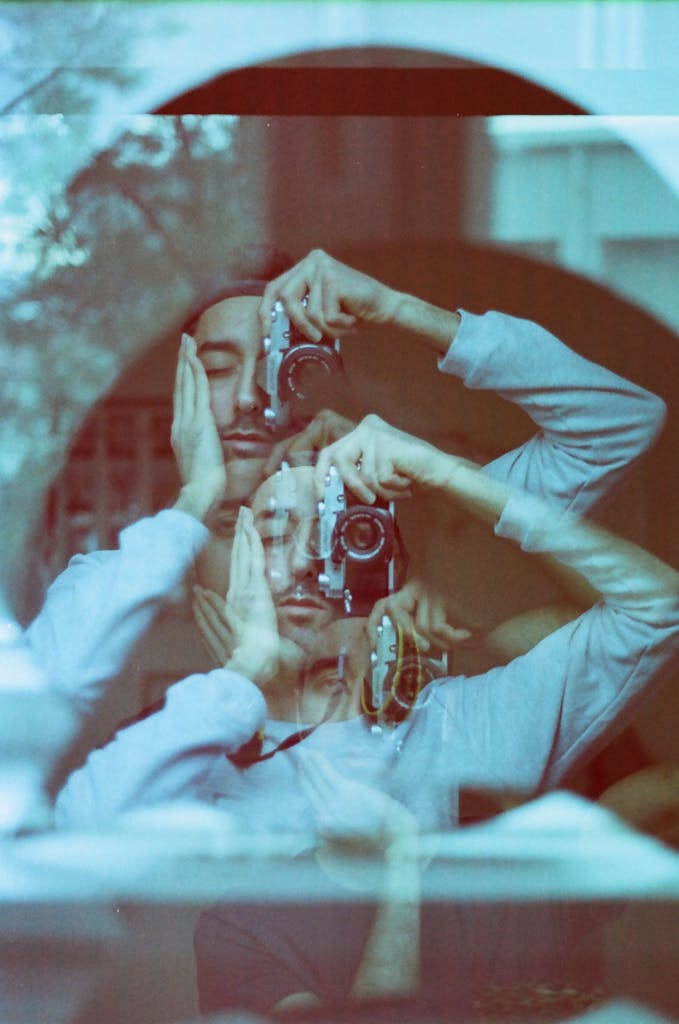
Try Out New (to You) Gear
Sometimes just a change in gear can bring about a new perspective or simply help you take more photos. Say you only use a larger SLR or mirrorless digital camera for shooting–chances are you aren’t bringing that camera with you 24/7. Maybe consider buying a smaller mirrorless or point and shoot, or an instant film camera. Rent a lens or camera body you’ve been thinking of trying out. Buy or borrow a classic 35mm or twin lens reflex film camera. It may open up opportunities to take more photos in more places. Maybe those photos become part of a new series in your portfolio, or perhaps will simply inform how you take future photos.
Our tip here though? Simplify. This guide is meant to help facilitate sparks, not hinder them, so you don’t need to overthink or overspend here. Maybe you borrow a colleague or parent’s lens or old film camera, rent some gear you’ve been wanting to try, grab a point-and-shoot from a check-out aisle, or find a fun new light or flash for your studio setup. Trying new gear might be just what you need to bring back that spark!
Take a Break
Sometimes, taking a step back and giving yourself a break from photography can be beneficial. Rest and subsequent rejuvenation is important for anyone, but can be especially helpful for creatives. Engage in other activities, spend time in nature, notice details in the world around you, connect with others, or simply relax and recharge.
Try to engage in activities unrelated to photography for some balance. This break can help you gain a fresh perspective and return to photography with renewed enthusiasm.
Do Something–Anything–Differently
Just a changeup in your everyday routine can make a mark on your motivation. Think of ways you could add or remove photography from your life right now. For instance, how are you sharing your work?
Consider a Change in Your Online Behavior
Similar to a photo challenge mentioned earlier, try to change up how you’re sharing on your website or social media. Maybe start a long form diary or blog entry, or if it’s been awhile since you’ve posted, challenge yourself to share some of your photos to your Instagram feed.
Embrace Constraints
Set limitations or challenges for yourself, such as using a single lens, shooting only with film or in black and white, or capturing a specific subject matter. Constraints can push you to think more creatively and find innovative solutions.
Follow Other Photographers
Research, study, and discover both renowned and newer on-the-scene photographers. Maybe their work resonates with you, or maybe it doesn’t. Seeing their creative vision and techniques can inspire new ideas, practical guidance and provide fresh perspectives. Analyze their techniques, composition, and subject matter.
Watch biographies, follow their social media accounts, maybe buy a print or start a mood or inspiration board of the photos or series you are curious or inspired by.
Be a Student; Continue to Learn and Develop
When in doubt, try your best to just see, experience and learn. Through regular practice and constant education, we build skills, repertoire, and most importantly, confidence.
Visit local art galleries or photography exhibitions to expose yourself to different styles and concepts. Seeing the work of other photographers can spark new ideas and fuel your creativity.
You don’t even need to invest money, checking out your local library for photo books and photography resources. This kind of browse and discover behavior may introduce you to photographers, art movements, and techniques you weren’t aware of before.
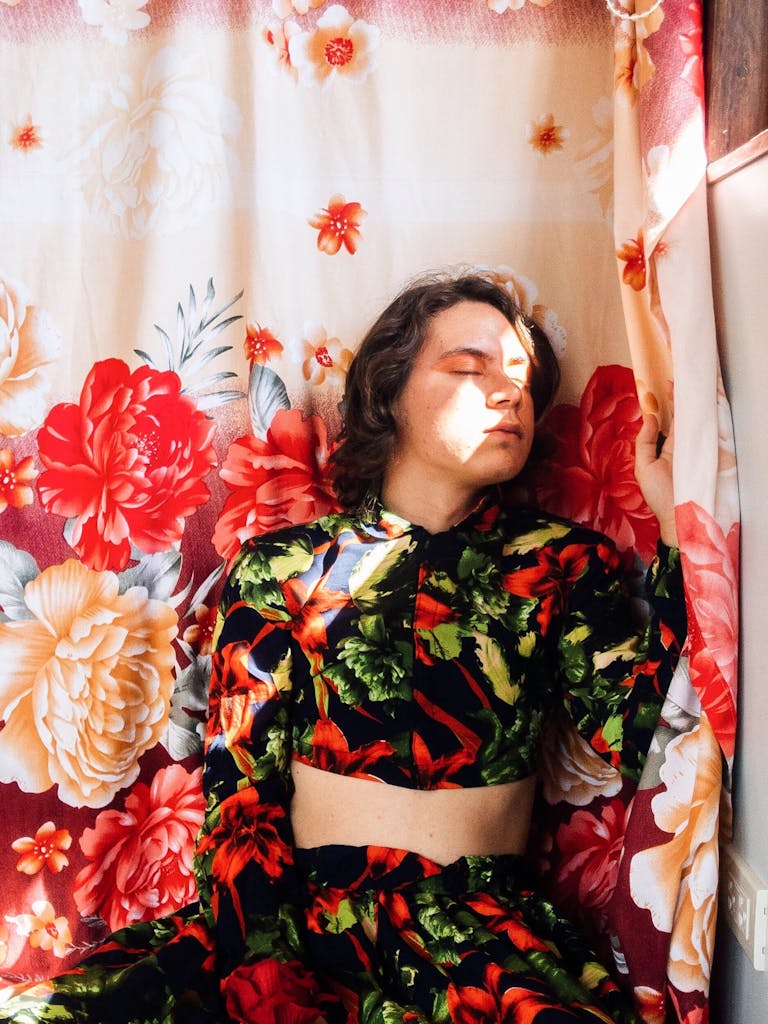
Dive Into Personal Projects
This may be especially important for those studying or working in photography, but by identifying a project that is of personal interest and removed from work or school, you may find yourself less constrained by demands and pressure.
Identify a topic or subject that deeply interests you and dedicate time to a personal project. This could involve documenting a community, exploring a social issue, or capturing the beauty of everyday life. Personal projects provide a sense of purpose and allow for artistic growth, and are ones that can be worked on at any time, with no deadline.
Find Inspiration in Nature
Spending time in nature can not only be restorative, it can allow us to make new observations and reconnect with our environment and see things in new ways.
Nature also provides an array of subjects, colors, textures, and patterns that can inspire unique and awe-inspiring photographs. Observe details such as the changing of seasons and weather and the naturally occurring light and shadow.
We hope this list has given you some food for thought and sparked some ideas. Maybe it has even taken some weight off of the pressure to create—the take-a-break tip can be especially important to many!
Stay curious, keep pushing your creative boundaries, and enjoy the process of capturing the world through your lens.
Remember, inspiration can come from unexpected sources, so be open to exploring different avenues and allowing yourself the freedom to experiment. Trust your instincts and enjoy the journey of self-discovery through your photography.





